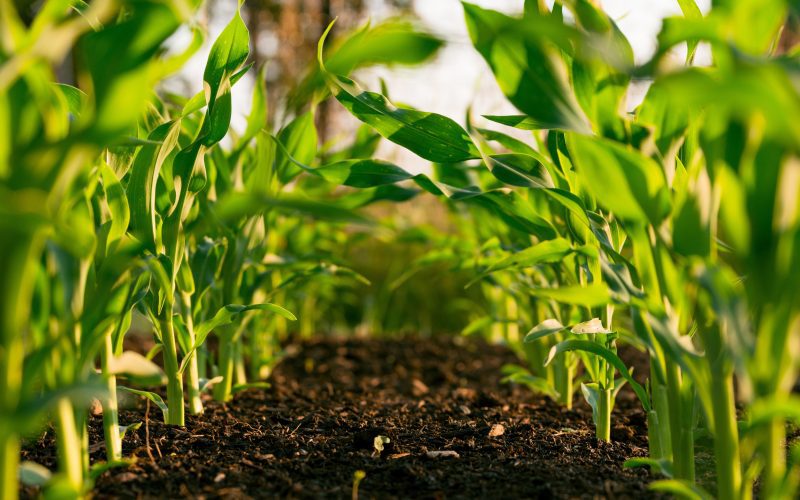With the global population projected to reach 9.7 billion by 2050, the demand for food will continue to increase. However, traditional farming methods are unsustainable and can cause significant harm to the environment, including soil degradation, water pollution, and deforestation.
Thankfully, there are a variety of sustainable agricultural practices that are being developed and implemented across the globe. One such innovation is vertical farming, which involves growing crops in vertically stacked layers using artificial light and a controlled environment. This technique reduces the need for water and pesticides while also maximizing space, making it ideal for urban areas where traditional farming is not possible.
Another sustainable agricultural practice is precision agriculture, which involves using technology such as GPS, drones, and sensors to precisely monitor and manage crops. This allows farmers to optimize their use of resources such as water and fertilizer, resulting in less waste and increased yields.
In addition to these innovative farming practices, there is also a growing trend towards plant-based proteins as an alternative to traditional animal farming. This not only reduces the environmental impact of animal agriculture but also addresses health concerns related to high meat consumption.
Despite these exciting developments, there are still significant challenges that need to be addressed in order to ensure a sustainable food system for future generations. These include reducing food waste, addressing inequities in access to healthy food, and mitigating the impacts of climate change on agriculture.
As a journalist, I am committed to uncovering the latest research and developments in sustainable agriculture while also highlighting the challenges that must be addressed to ensure a secure and sustainable food future.












